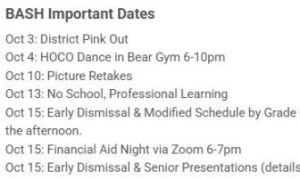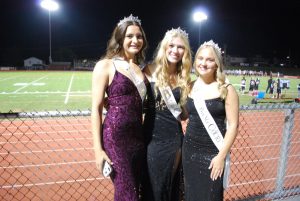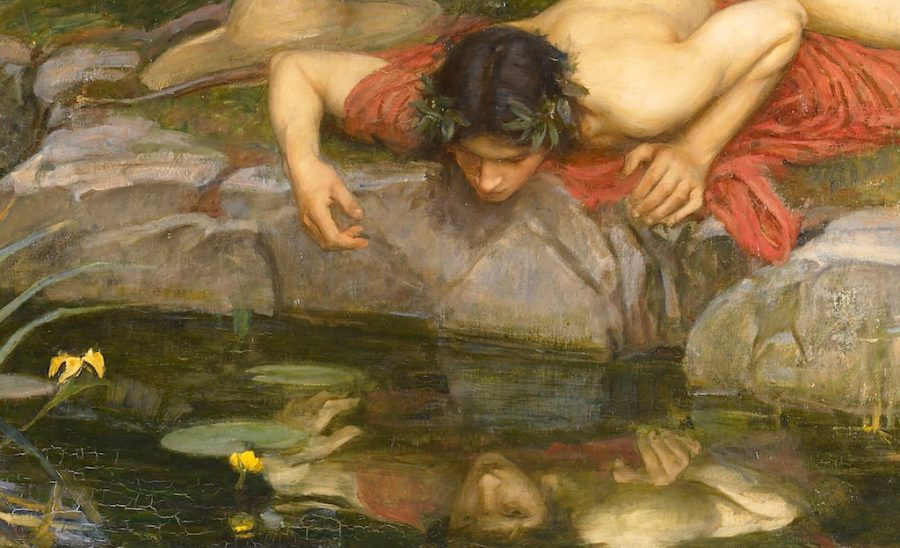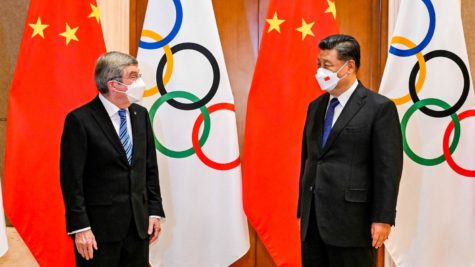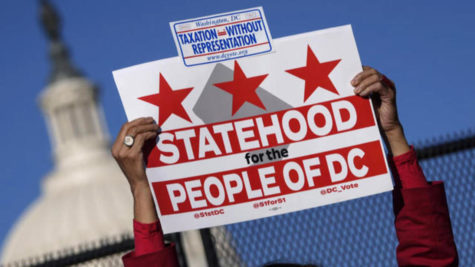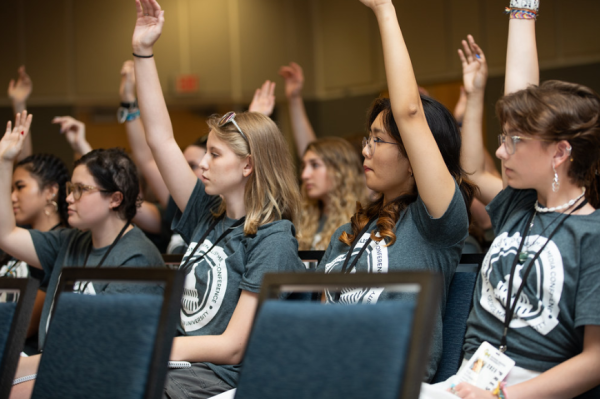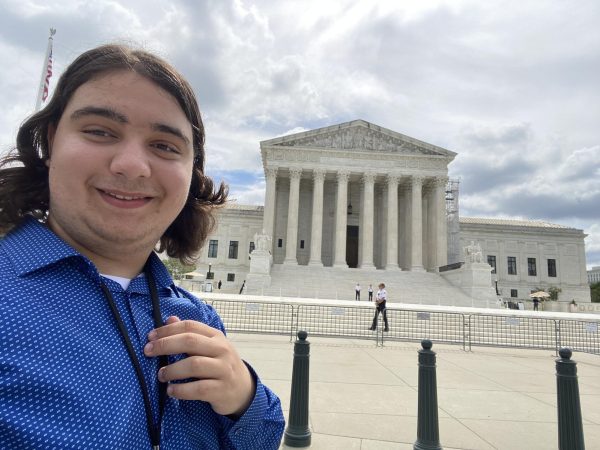OPINION: Homecoming Court Contradicts Modern School Values
Does Homecoming belong in the modern high school?
In mythology, Narcissus’ vanity is the cause of his undoing — just like the mental health of many Homecoming Princes and Princesses.
Vanity, conceit, and narcissism; these are the institution of education’s acceptable vices for the popularity contest known as Homecoming.
Throughout the nation, Homecoming season is now; and with it comes the Homecoming Court, comprised of Princes and Princesses, all competing in the hope of becoming King or Queen. Whoever emerges victorious wins not just a sash, but a memory which defines high school for the lucky lad or lady. But these Kings and Queens do not win based on merit.
They win based on popularity.
Popularity in high school is a staple of life; some are popular and some are not. It is based on the many complexities of insecurity, trendiness, extrovertedness or introvertedness — a fickle thing of which obsession over results in mental damage. Teachers and faculty in many schools will tell students not to worry of how many friends they have or how much they conform to trends, but instead to concern themselves of the quality of their friends. But then why does Homecoming reward the popular simply for being popular?
The Homecoming ballot is based on the students; they vote based on their close friends, typically. Someone who is voted in based on their being a cherished friend to many sounds virtuous on paper. However, during Homecoming season and the spirit week for many schools, you do not hear of how cordial and compassionate the Homecoming Princes and Princesses are but rather how attractive they are.
Human beings are a species obsessed with image. During high school, when we human beings are developing, we are especially obsessed with our images, looks, and reputation. As much as it might hurt to say, being attractive is one of the reasons many become popular. Gossip in the halls during spirit week pertains to the looks of the Princes and Princesses, and devolves them to their body. Ideally, should it not be their heart and spirit which earns them their votes? After all, spirit week is the week before the Homecoming game; not beauty week.
Homecoming only inspires the insipid discussion of jawlines and breasts of the Court between students, and schools promote this simply due to it standing as a staple of American high school culture. But are we not to evolve beyond the days of rampant bullying that defined high school in decades past? Are schools preserving Homecoming as it is for the sake of nostalgia for the King and Queen at the cost of the well-being of the unpopular, the nonconformists?
Meanwhile, the Princes and Princesses that do not win are left with nothing — their King or Queen won based on nothing but popularity, which itself is based on looks. American high schools are promoting a self-deprecating contest which demeans students down to their bodies. Whether or not it is arguable that popularity is based on looks does not change the fact that many other Court members, especially the Princesses, will have mental scars for the rest of their lives for not emerging the victor.
Homecoming is a contradiction of the modern high school; if you aren’t the most popular or good-looking, you will not reign King or Queen. But “Think of the King or Queen,” the superintendents will say, “What about their high school memories?”
What of ours?

Blaze Myers is a graduate of BASH. His senior year was his first year in the CUB, previously only collaborating. He was in several leadership positions,...




